On June 27, 2025, in the inner yard of Poltava Polytechnic – the Open Space – a profound and critical art therapy session titled “Tree of Feelings” took place.
Olena Ostrohliad, a Senior Lecturer at the Department of Fine Arts, and Maryna Teslenko, PhD in Pedagogy, Associate Professor at the Department of Psychology and Pedagogy, moderated the event.
The “Tree of Feelings” art therapy session became a safe and profound space for emotional presence, awareness, expression, and inner healing. Aimed at providing emotional support to participants during difficult times, this meeting helped not only to “speak” about one's experiences through images but also to find inner resources through the gentle yet potent force of symbols and group interaction.
At the heart of the practice is the metaphor of the tree, one of the most powerful archetypal symbols in psychology and culture. A tree embodies life, growth, resilience, a connection to one's roots, and the aspiration towards the sky, towards the future. In art therapy, the tree is often used as a tool to visualise a person's inner state, their life path, and the stages of their experiences. In our practice, this tree has become a symbol of collective experience, where each branch represents a unique voice, and each leaf is a touch of a personal story.
Each participant created their branch – an image that represented a specific feeling or a crucial memory. Some conveyed anxiety or sadness through dark lines and heavy colours, while others added bright tones that personified gratitude, shining hope, or inner peace. Forms, textures, symbols – everything reflected an individual emotional language. But most importantly, after completing the personal part, each branch became part of a standard canvas. Participants “attached” themselves to the collective “tree”, which gradually took on form, volume, and inner harmony.
This moment – joining the collective image – had extraordinary therapeutic significance. In this way, each participant felt not only their presence but also that of others, their support, and their willingness to be there. The shared composition came to life with each new branch, becoming a polyphonic reflection of the group's emotional reality. It was about how much is within each of us and how strongly we can support one another by simply being present and sharing our thoughts and feelings.
In the process, participants went through several critical psychological stages: recognising their feelings, accepting them, attempting to “translate” their inner world into a visual form, and creating meaning through a symbol. Visualised emotions lost their destructive power – they took on form and colour, becoming understandable and less intimidating. Participants found a language to express what was previously difficult, if not impossible, to name.
The final stage was especially valuable: a group circled the tree that had been created. In this warm space, everyone had the opportunity to share their thoughts and feelings during the process, to discuss their branch, explain its meaning, or be heard. For some, it became a moment of profound insight: for the first time, they truly acknowledged their own emotions, allowing themselves to be vulnerable yet accepted. Many noted a sense of community, harmony, and gratitude.
The “Tree of Feelings” session became a vivid example of how art can be a powerful tool for inner transformation. It did not offer ready-made solutions but opened a path to oneself, to others, and to accepting one's own story. Through metaphor, through colour, through line, we learn not to run from our feelings, but to stay with them, listen to them, and create new meanings with them.
The “Tree of Feelings” grew into a shared experience, into an image of inner resilience that blossoms even in turbulent times. And this is the true art of being.
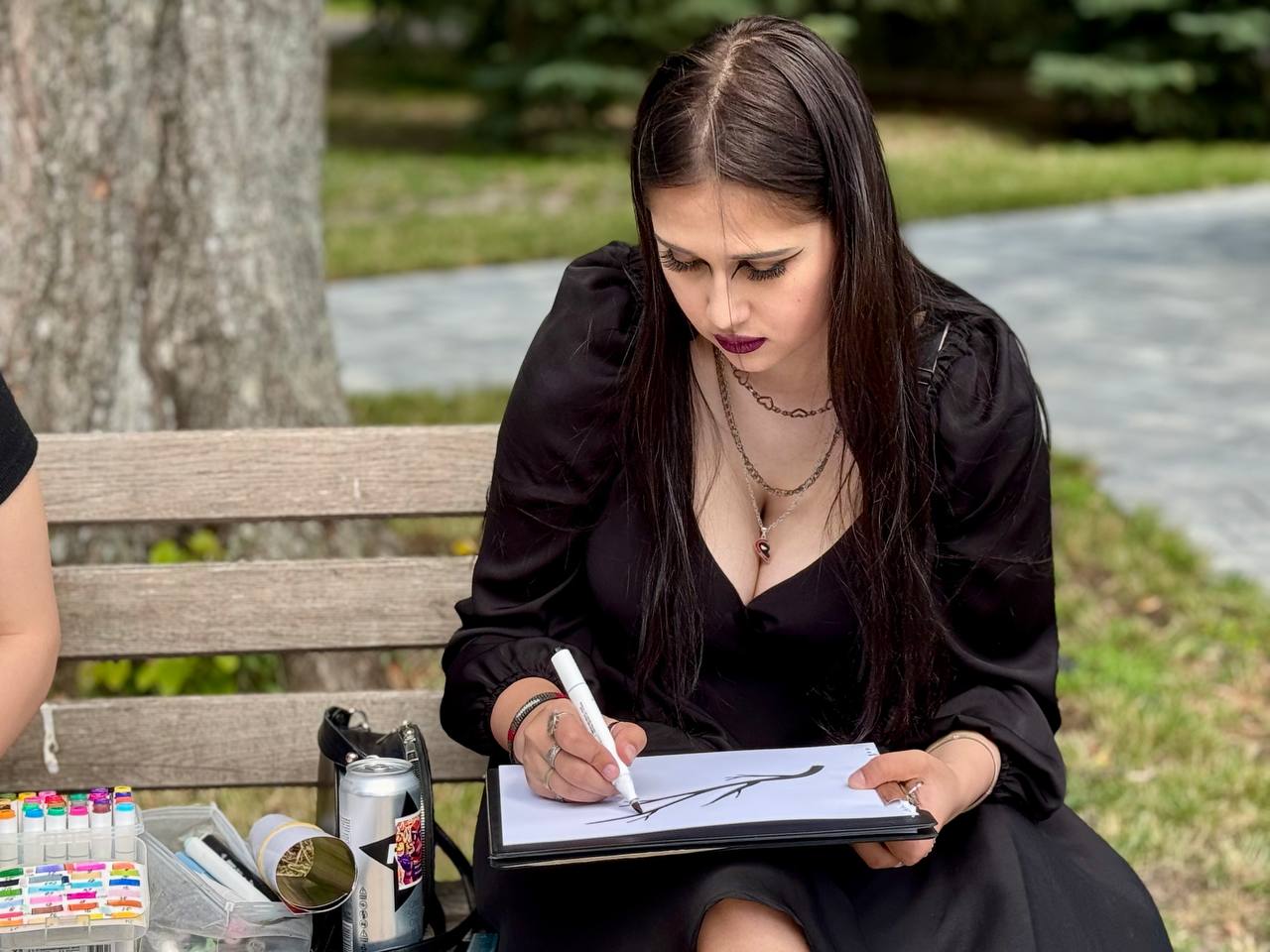
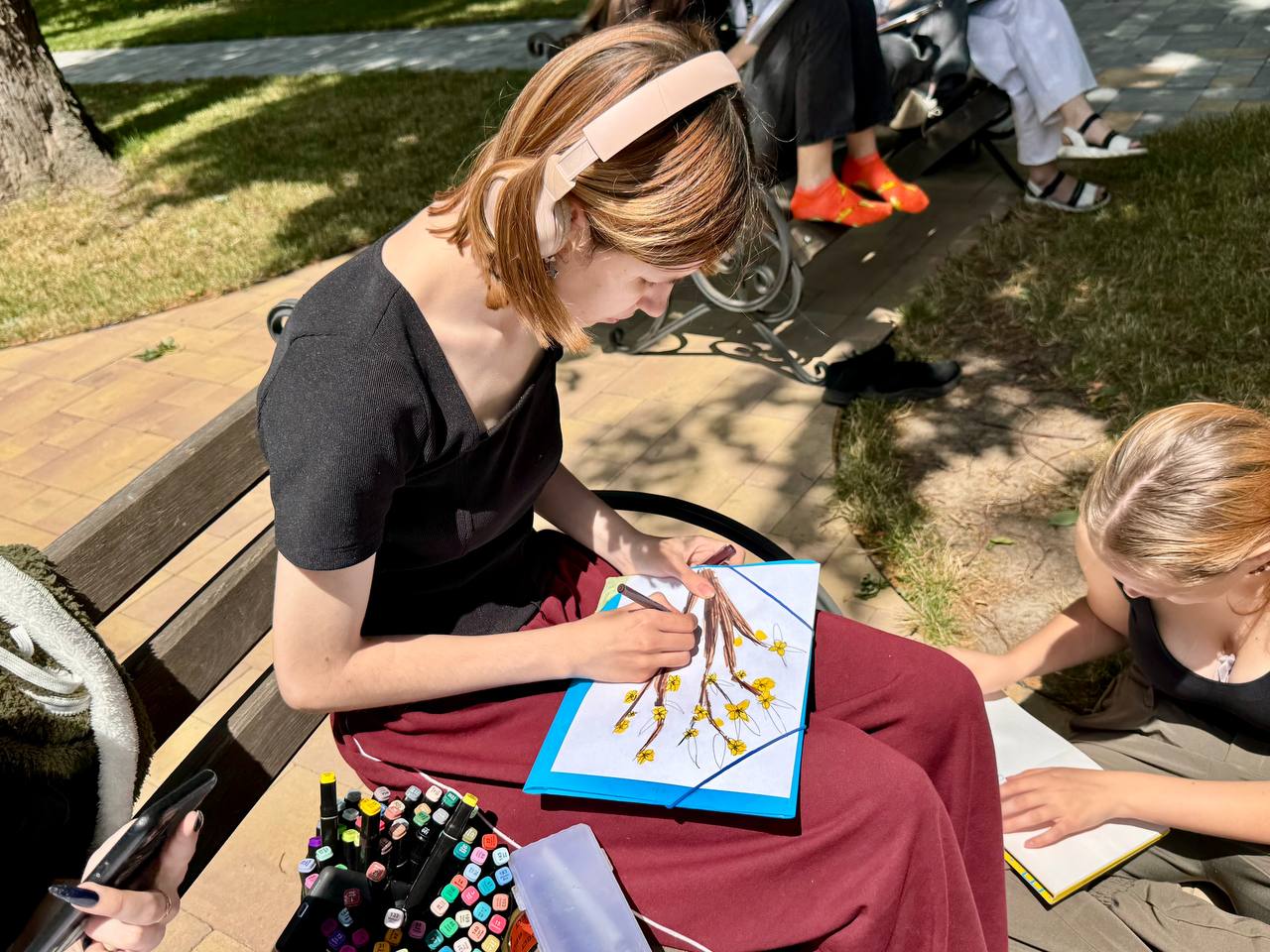
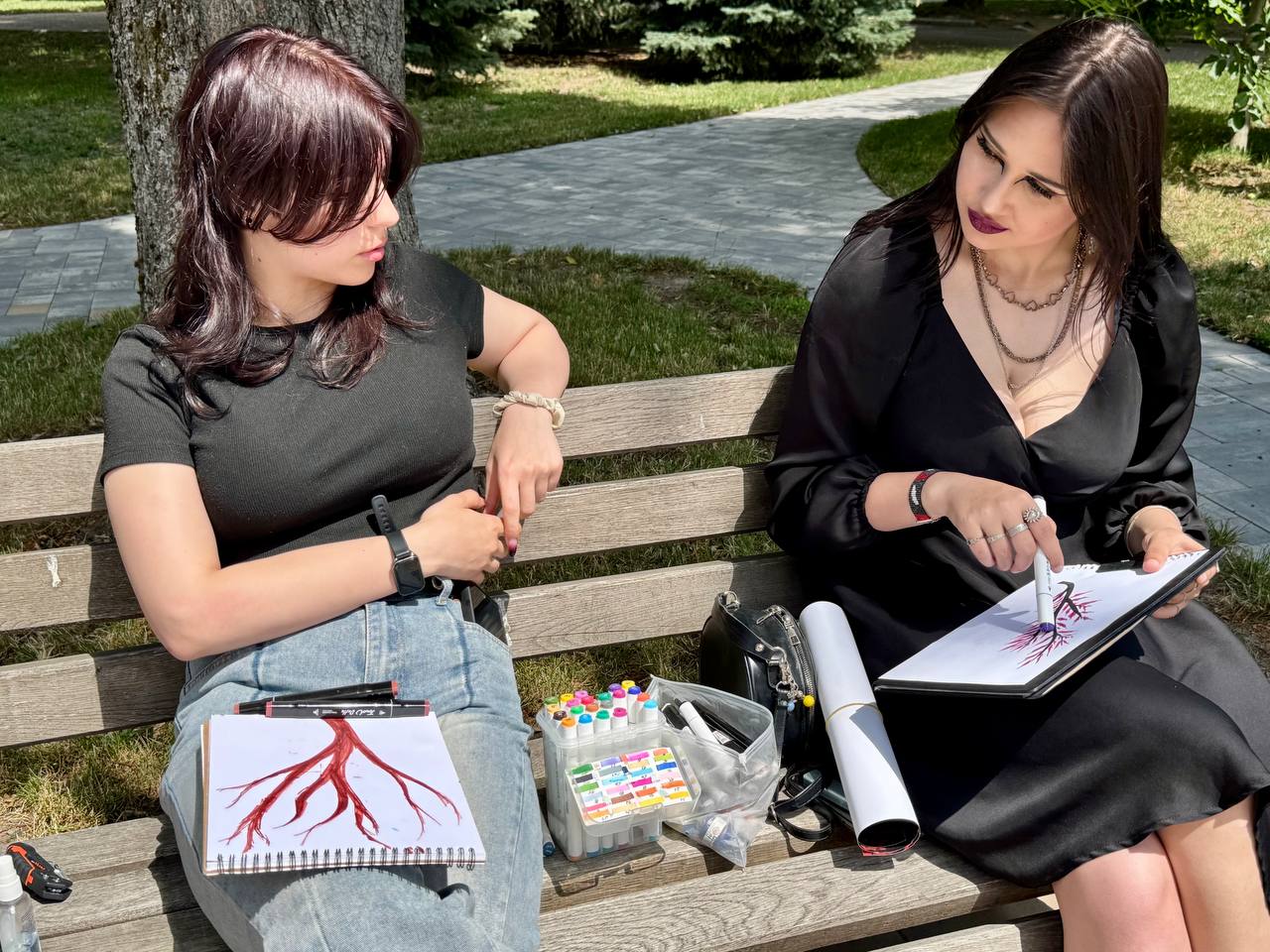
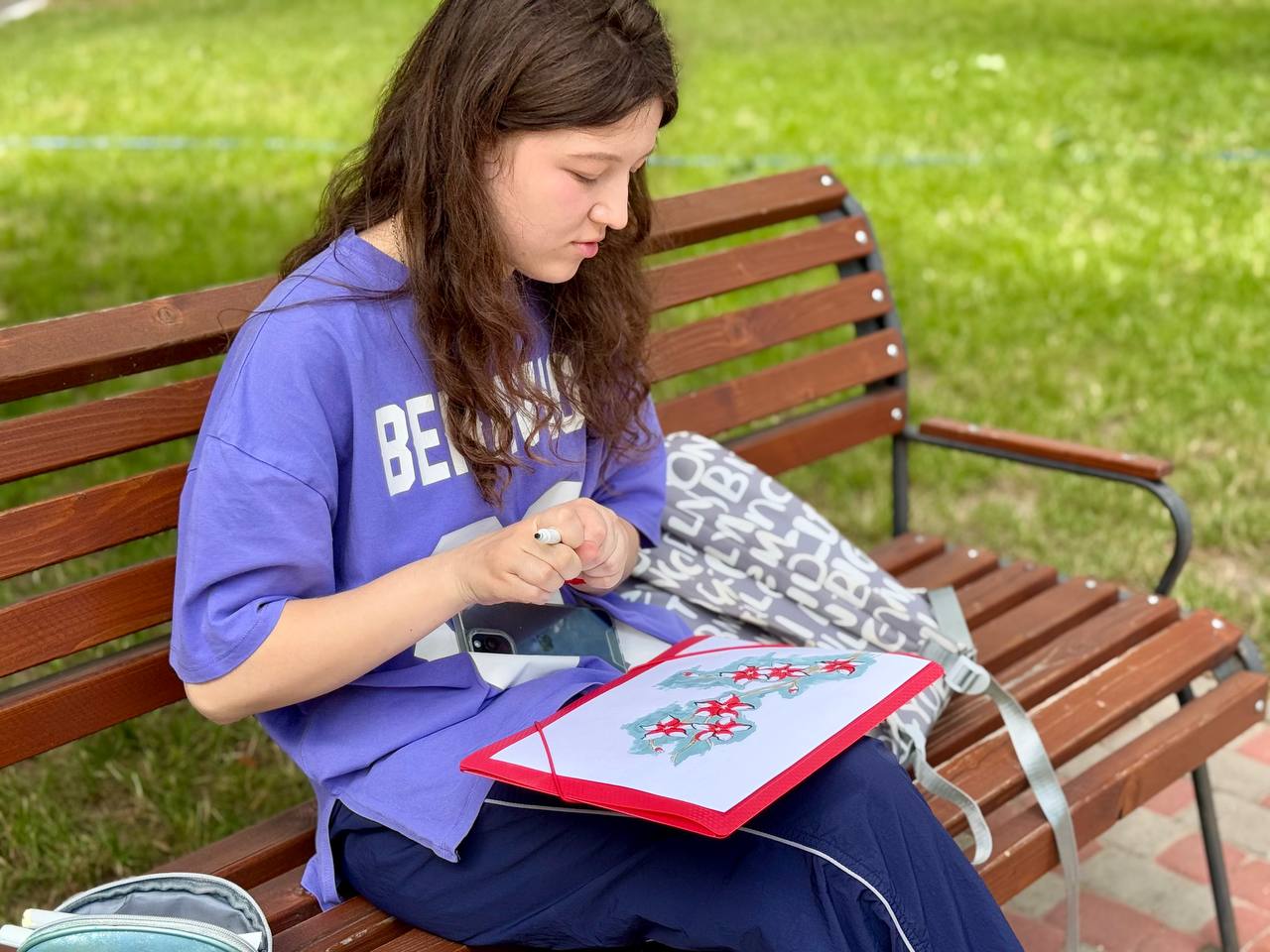
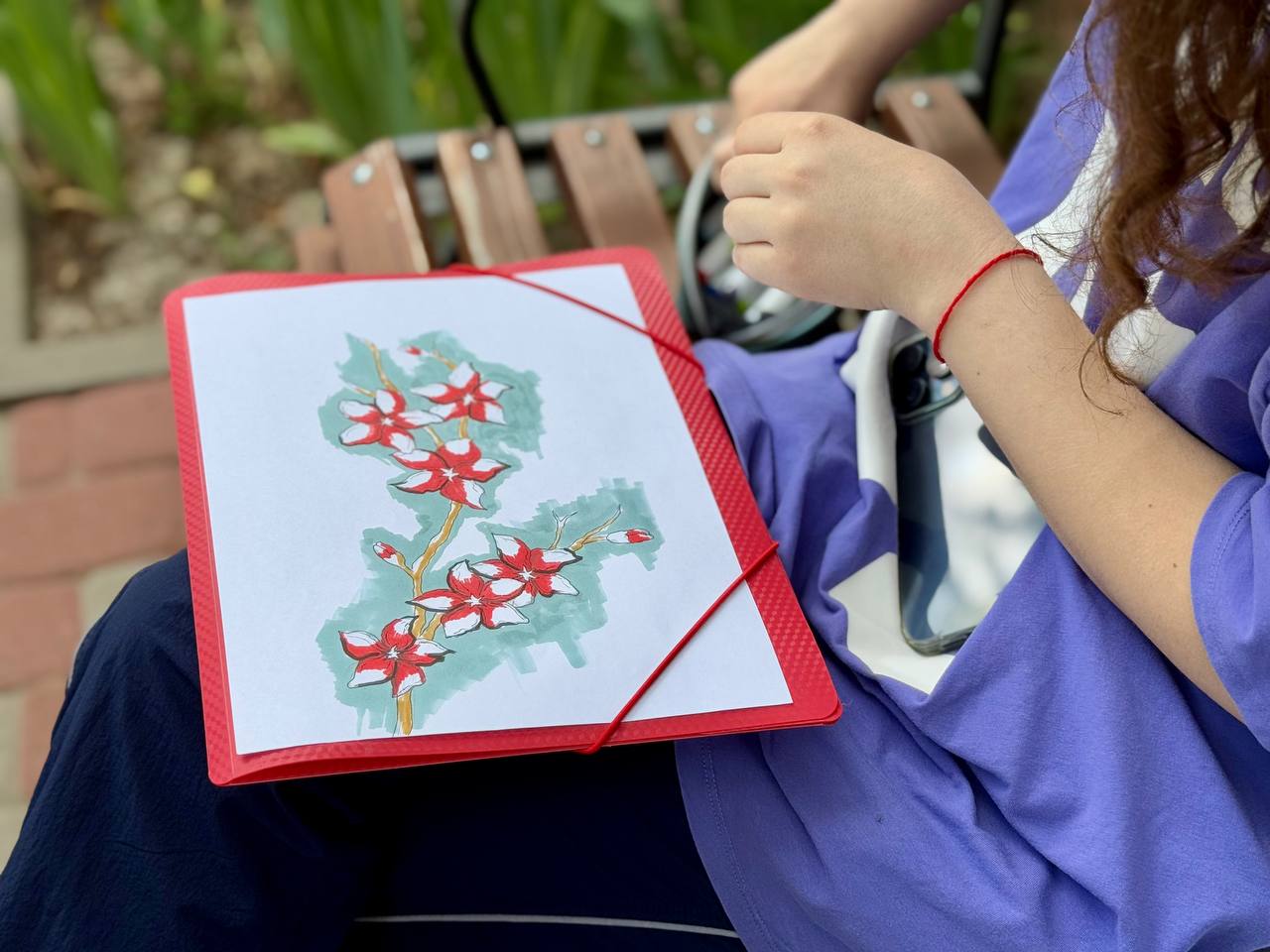
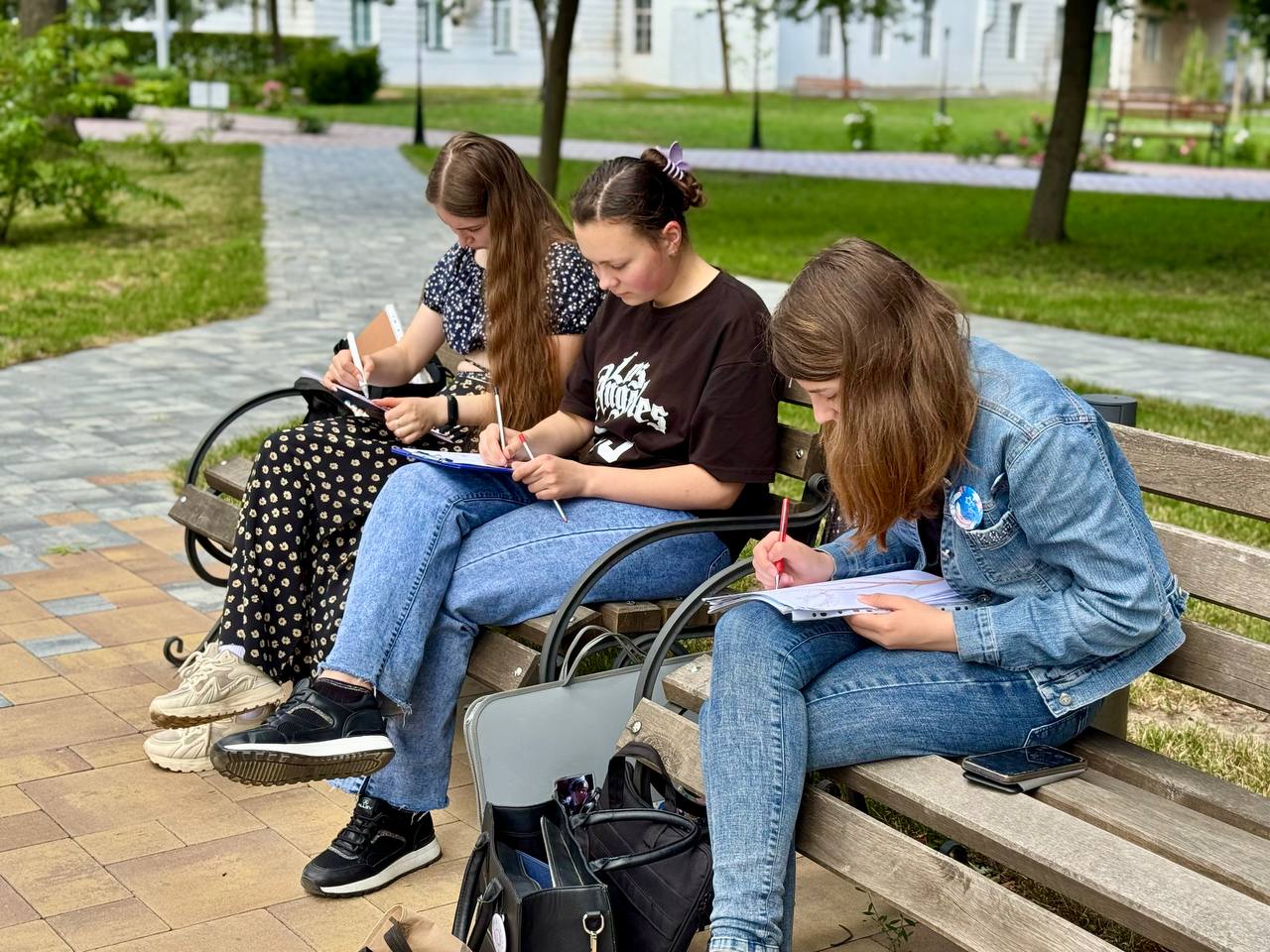
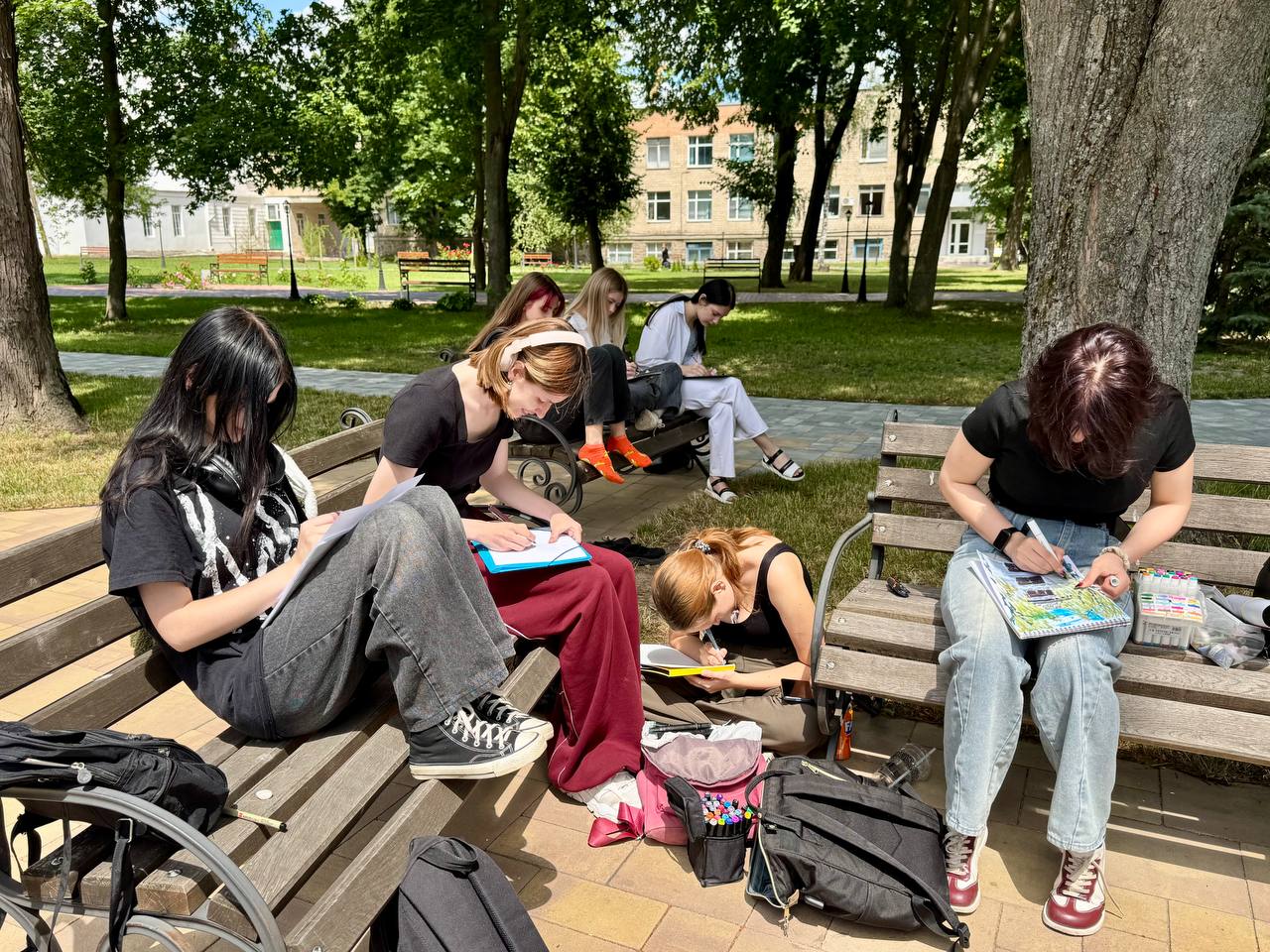
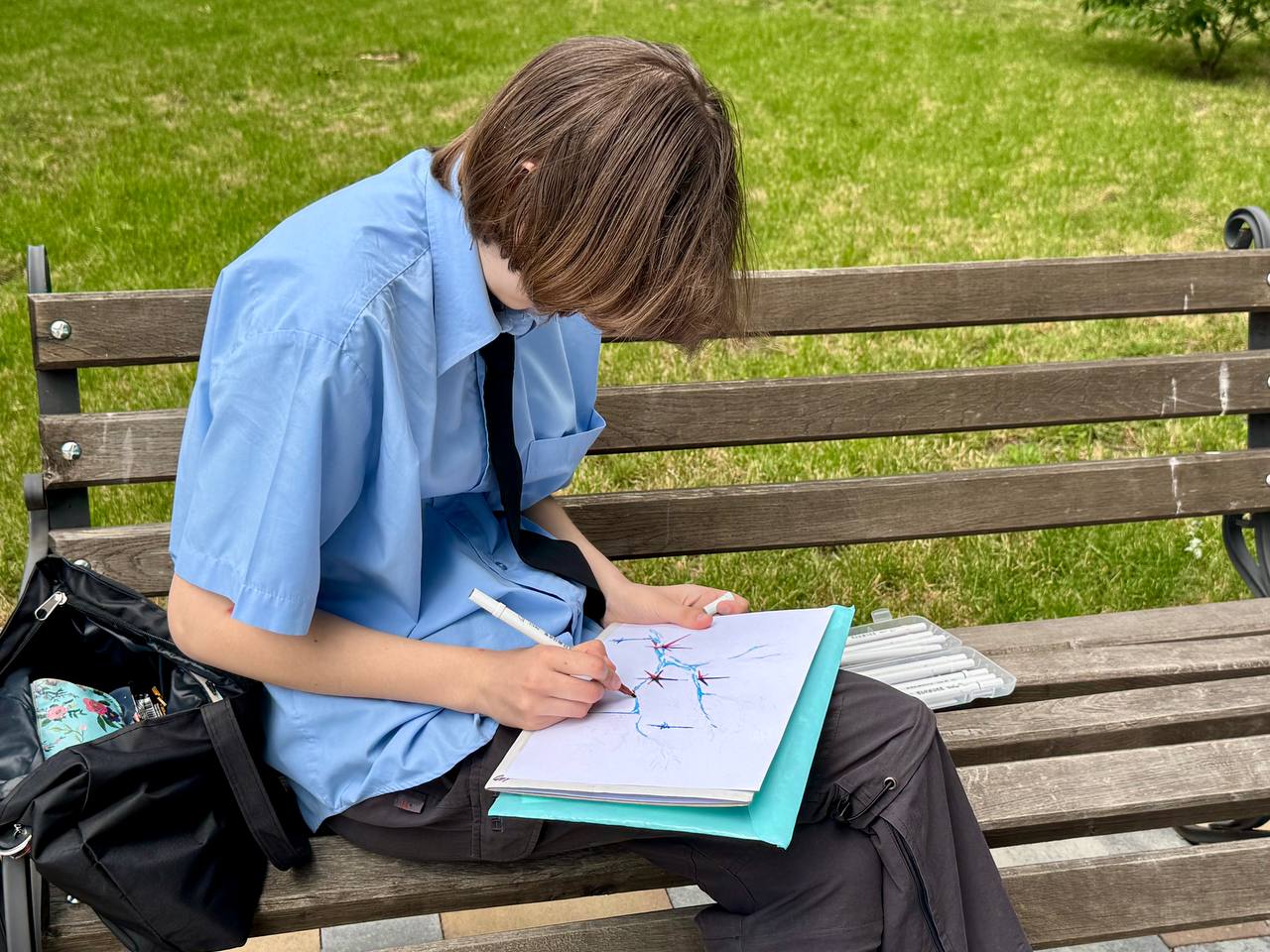
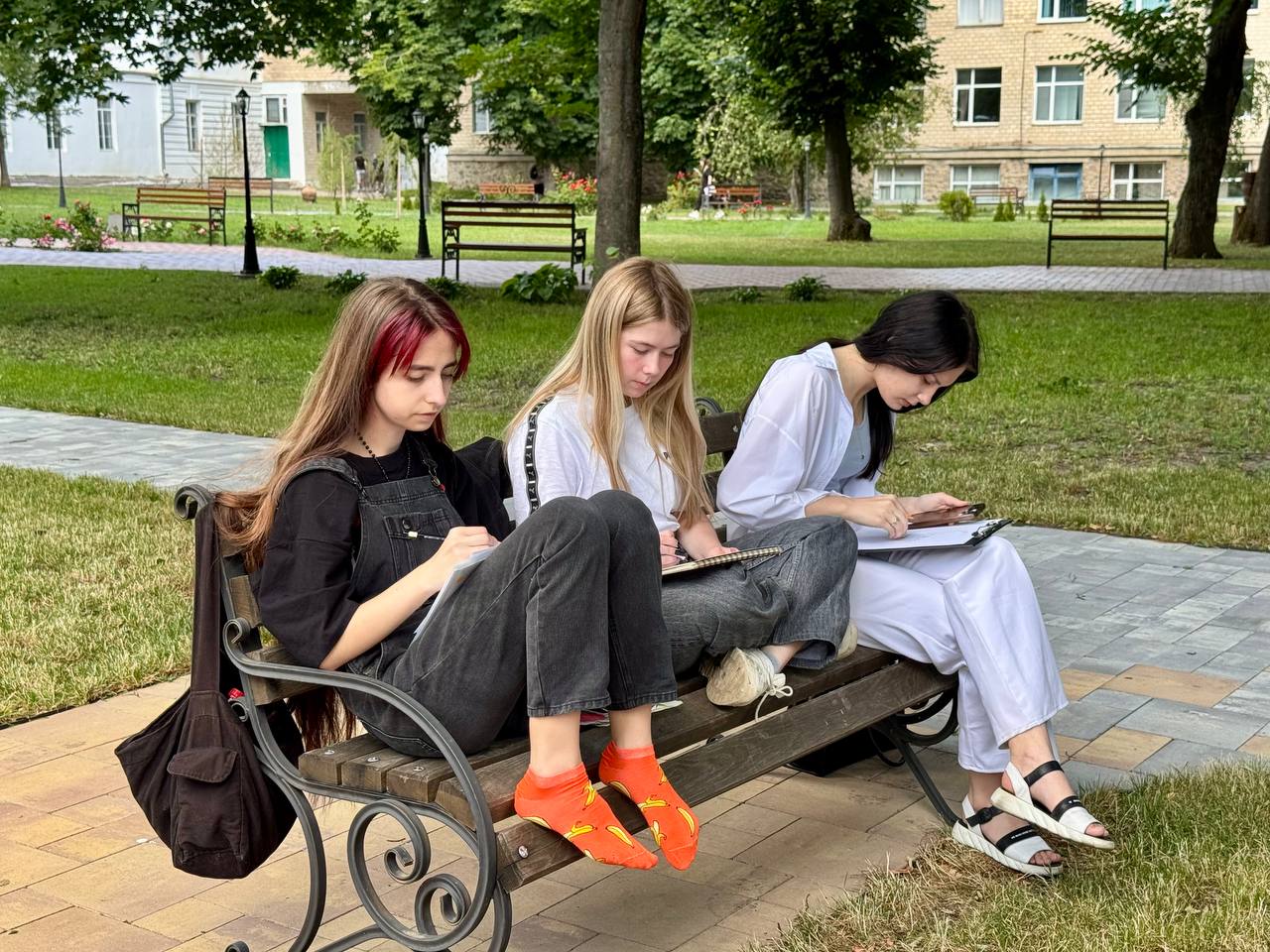
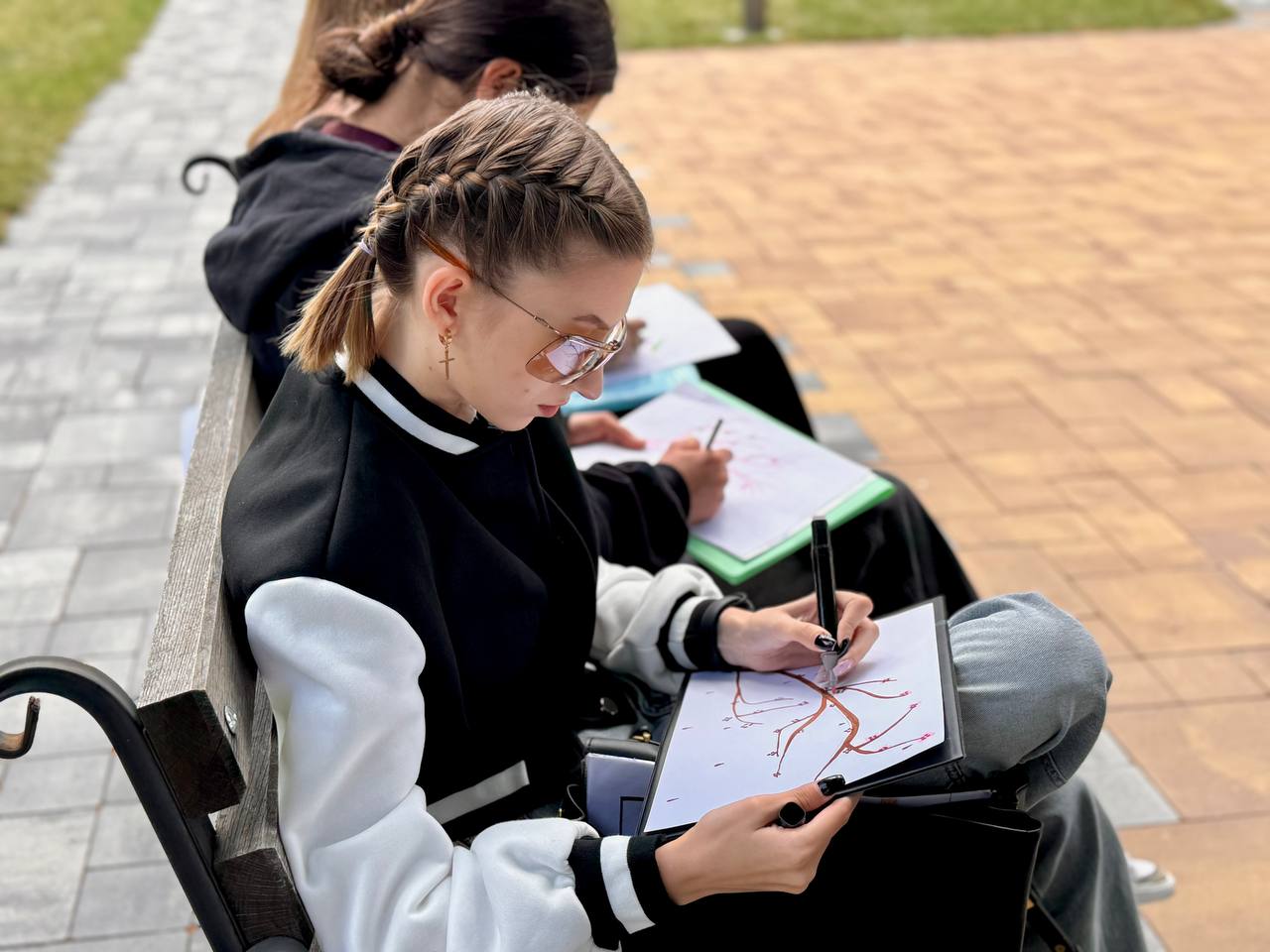
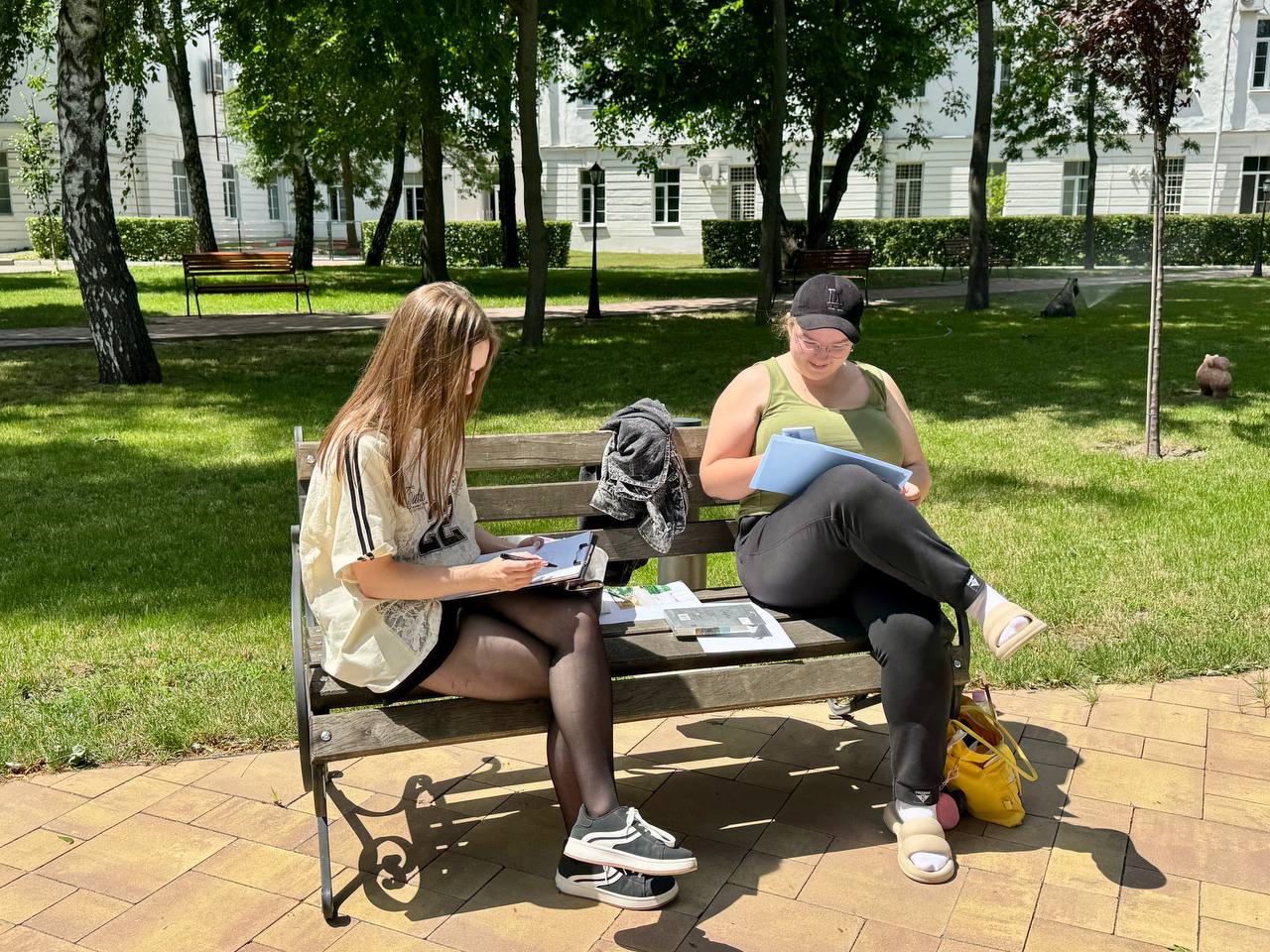
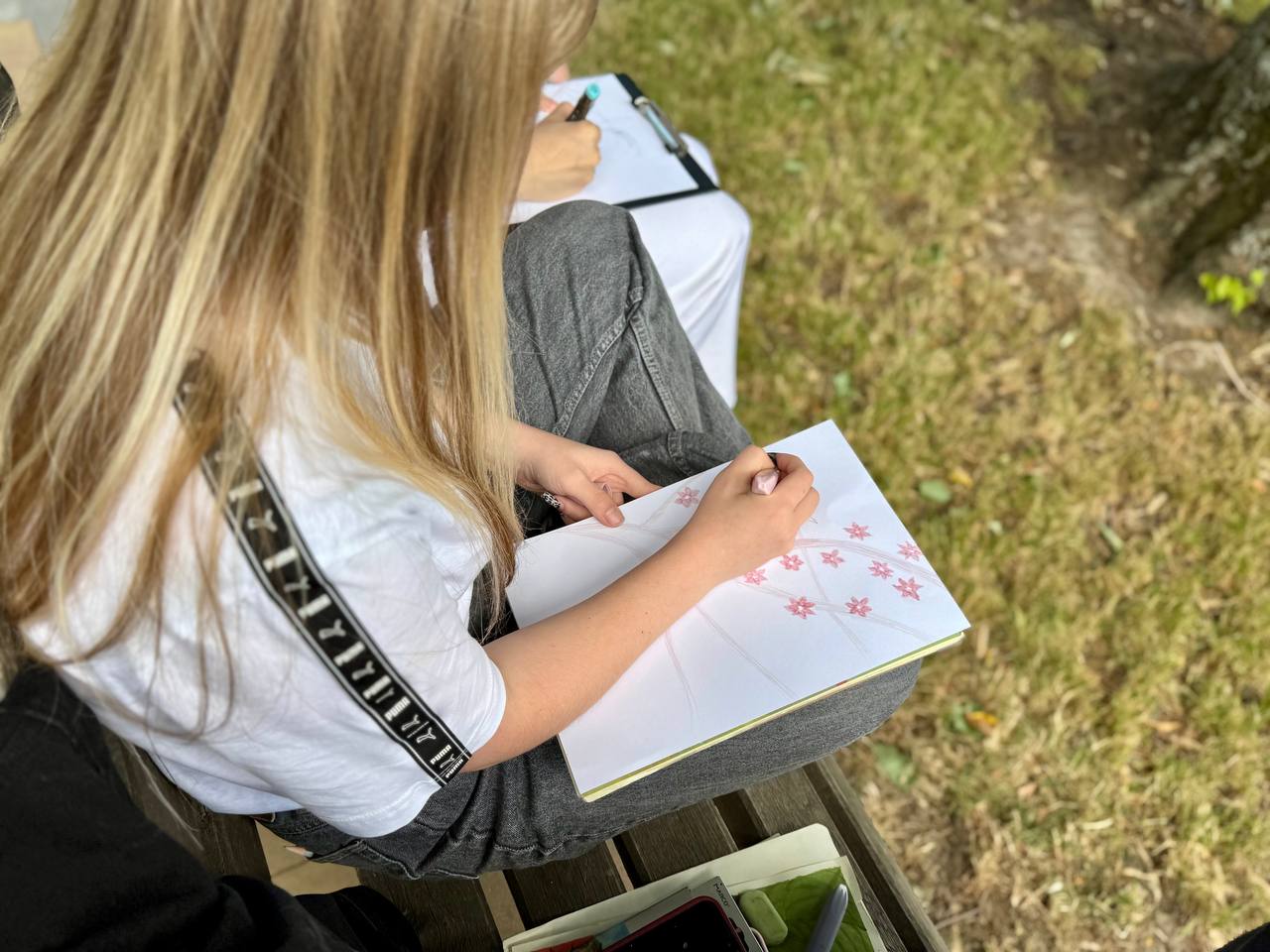
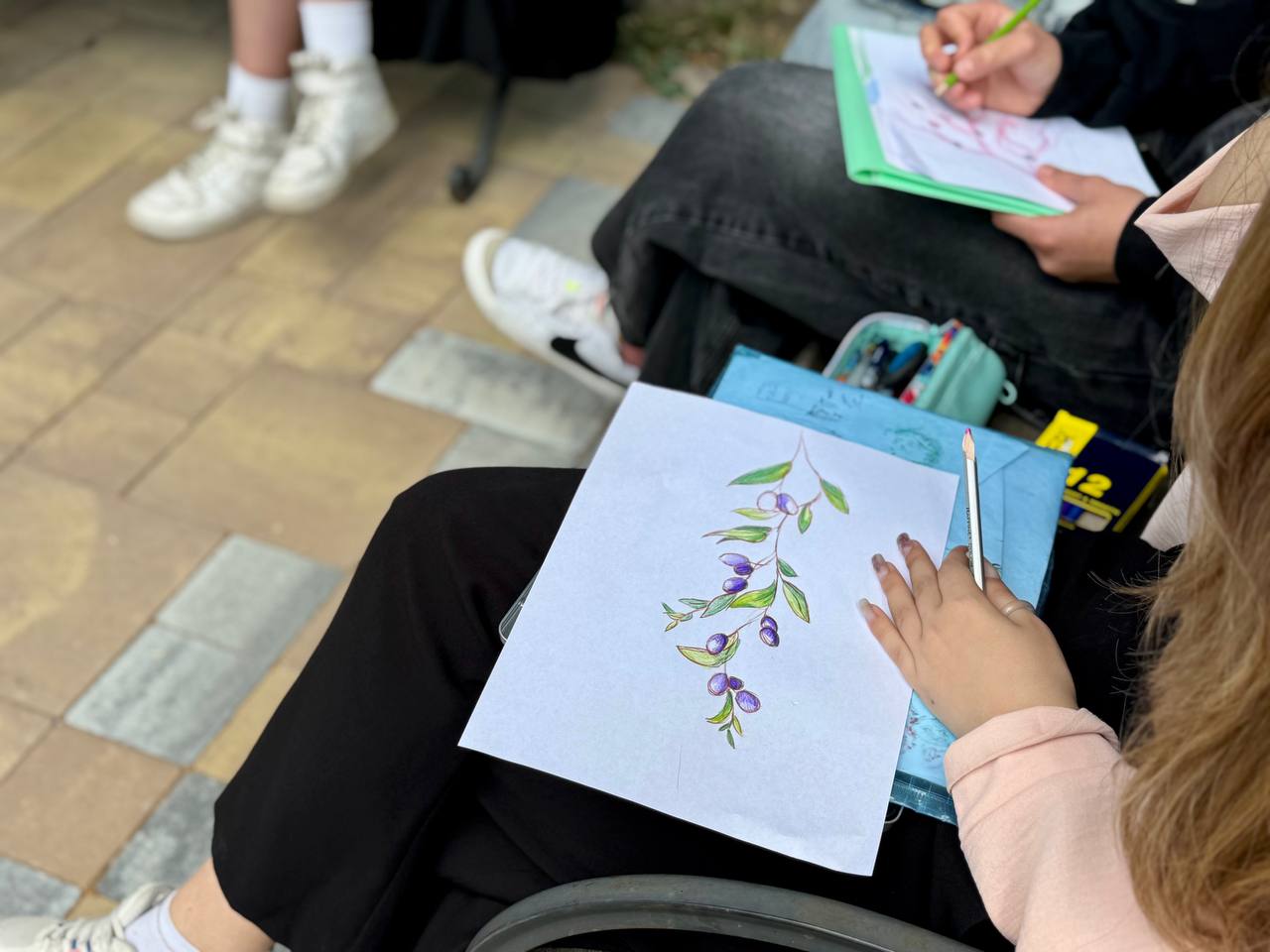
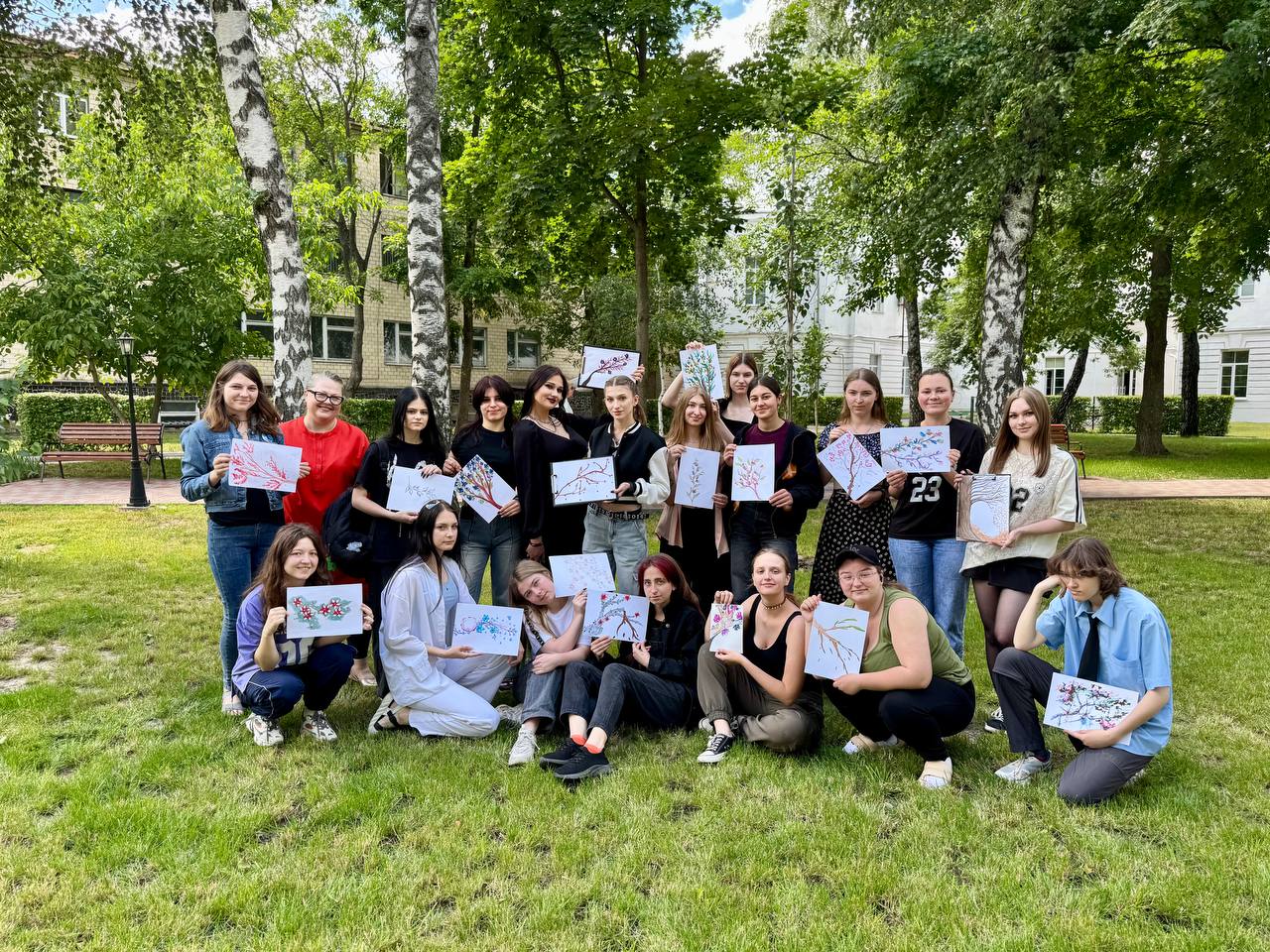
The event formed part of the international, large-scale EU-funded Erasmus+ KA220-ADU project “TRUST” – Trauma of refugees in Europe: An approach through art therapy as a solidarity program for Ukraine war victims (Grant No. 2024-BE01-KA220-ADU-000257527).
The project title is decoded as follows:
TRUST
T – Trauma
R – Refugees
U – Ukraine
S – Solidarity
T – Therapy
The project is co-funded by the EU and led by the Centre Neuro Psychiatrique St-Martin from Belgium, in partnership with the National University “Yuri Kondratyuk Poltava Polytechnic” (Ukraine), Greek Carers Network EPIONI (Greece), Fondazione Don Luigi Di Liegro (Italy), Lekama Foundation (Luxembourg), EuroPlural Project (Portugal).
Looking ahead, further art therapy events under the TRUST initiative will unveil new trauma-focused techniques and deepen self-help practices. After all, art is not only about beauty – it is about the power to live, even when life shifts. It is about the inner resource that sustains us when the ground seems to slip away beneath our feet.
Media Centre of
National University “Yuri Kondratyuk Poltava Polytechnic”



